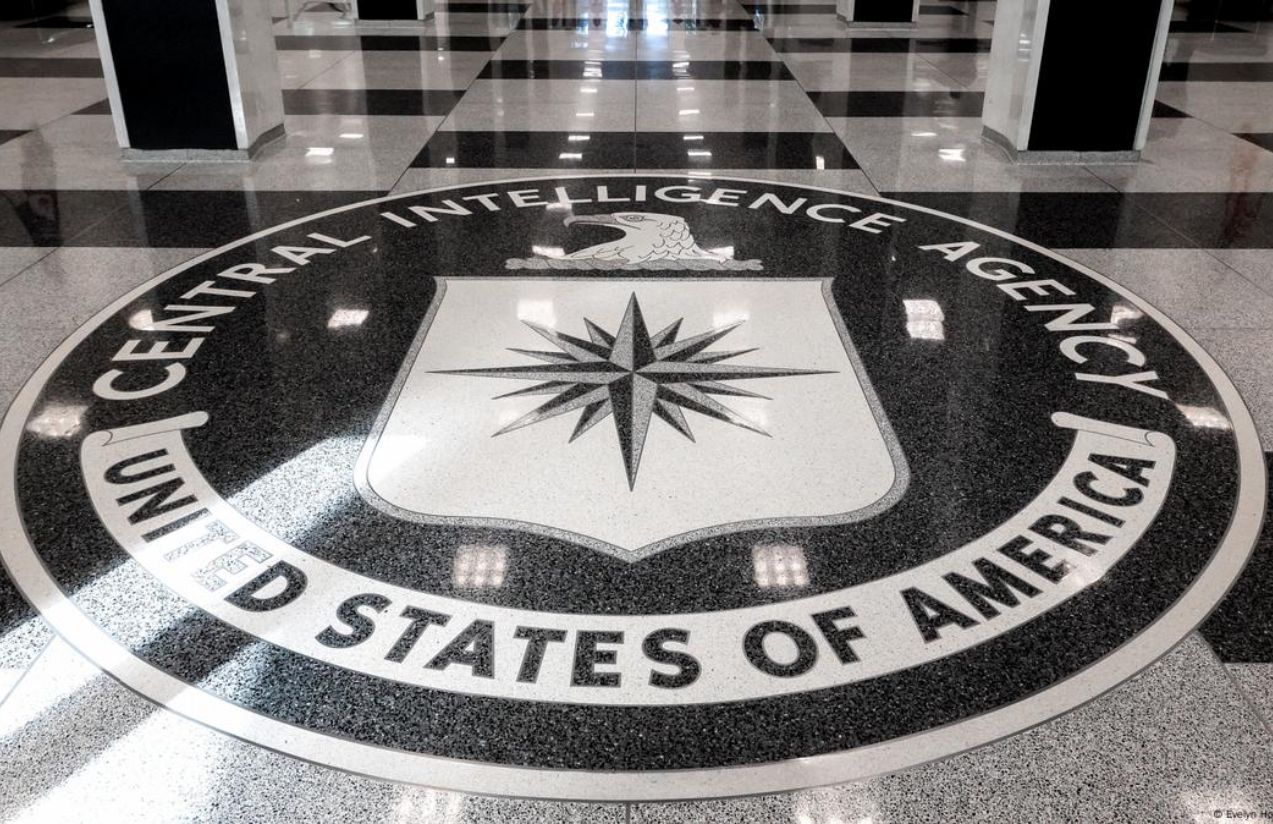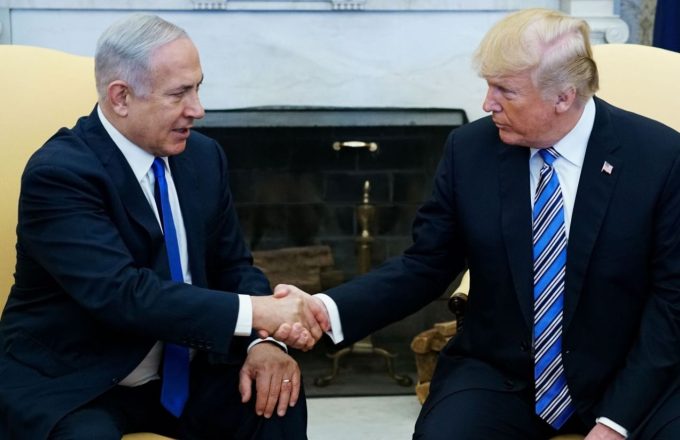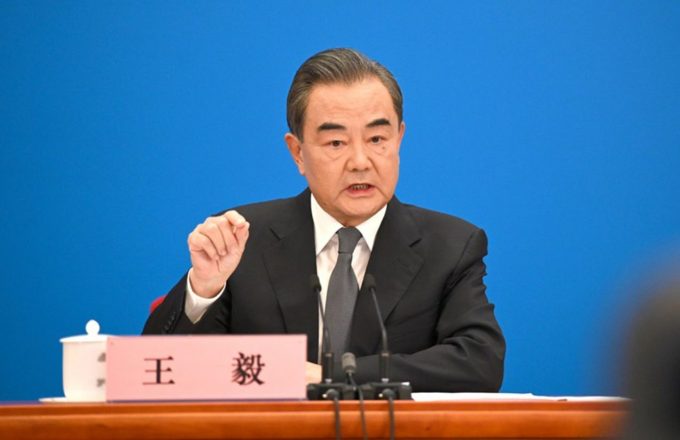The Central Intelligence Agency (CIA) is currently assessing its legal authority to use lethal force against drug cartels operating in Mexico and other countries. The review comes as the Trump administration pushes to make the fight against cartels a higher priority for the agency, according to a U.S. official and three individuals familiar with the matter.
While this review does not imply that President Donald Trump has directly ordered the CIA to take action, it aims to clarify which operations would be legally permissible and what risks each option might entail. The evaluation underscores how seriously the administration is considering more aggressive measures.
It also reflects concerns among some officials about applying traditional counterterrorism tactics — such as those used in the Middle East — in areas much closer to U.S. soil. According to sources, these kinds of operations pose a significantly higher risk of collateral damage to American citizens.
One of the key legal questions under review is the CIA’s liability if U.S. citizens are accidentally killed during an operation. The agency is reportedly proceeding with caution when considering the use of military-grade resources against cartel targets.
Earlier this year, the Trump administration designated several cartels as foreign terrorist organizations — a move that current and former officials believe could establish a legal precedent for future lethal action. In addition, the CIA is already flying surveillance drones — capable of being armed — over Mexican territory.
By law, the CIA has the authority to carry out lethal strikes or to assist foreign governments by providing intelligence or other forms of support, as long as it has presidential authorization and complies with the complex legal framework that governs armed conflict. However, conducting such operations in areas with a high number of U.S. citizens or permanent residents represents uncharted territory for the agency, especially given the potential for lawsuits.
“It’s not a question of whether they can use lethal force — they can,” said one source familiar with the review. “The issue is what happens if Americans are injured or killed, given how present they are in these regions.”
Beyond human casualties, there are also political risks. Any CIA operation that causes controversy or domestic backlash in a partner country — such as Mexico — could lead that government to restrict or revoke the agency’s ability to operate there in the future.
One person familiar with the review noted that it also reflects lessons learned from the George W. Bush administration’s controversial “enhanced interrogation” program, later deemed torture by lawmakers and the Obama administration. In that case, former officials said the CIA pushed its activities to the legal limit. Critics, however, argued the agency and the government crossed the line, and the CIA faced years of high-profile investigations over the legality of its actions.
According to sources, this review highlights the agency’s awareness that it could be held accountable for any actions taken against cartels, particularly if those actions lead to unintended consequences. There is special concern that any operation seen as disproportionate to the actual threat posed by the cartels could violate international conflict laws, which require lethal action to meet strict standards.
The U.S. intelligence community’s annual threat assessment, released last month, focused heavily on the danger posed by drug cartels — reportedly for the first time in nearly 20 years. Still, many current and former national security officials have consistently argued that while cartels are a serious issue, they do not pose an existential threat to the country.
“It’s completely understandable that people still have the legacy of the ‘enhanced interrogation’ era in mind — to the point that many don’t believe we’re facing a true crisis here,” said one former official.



















